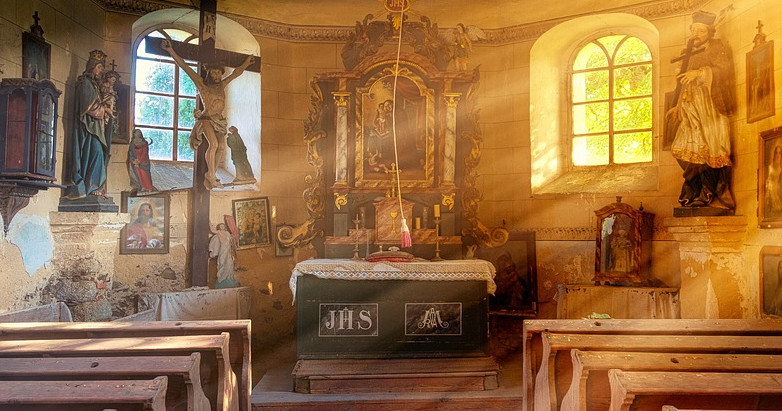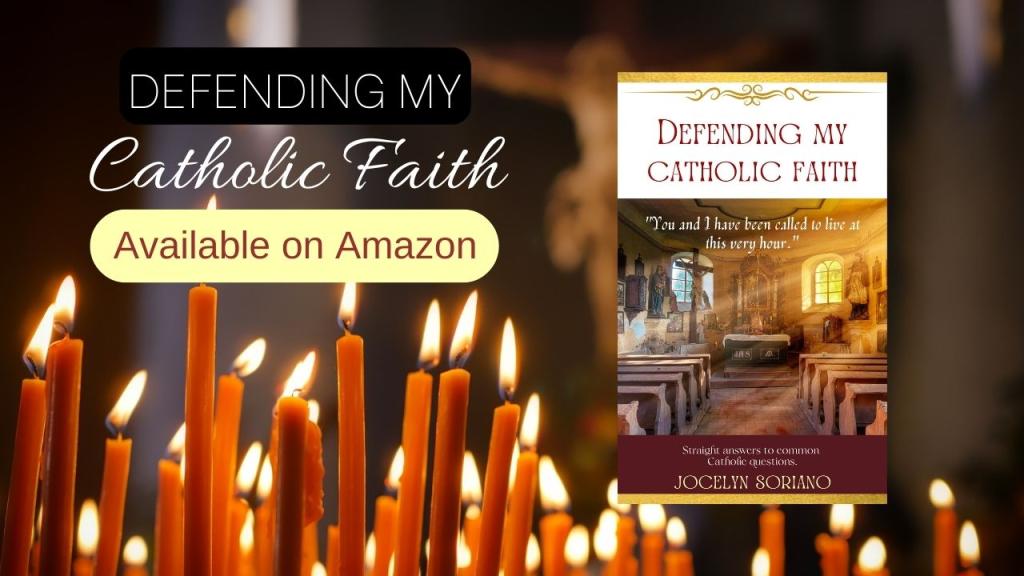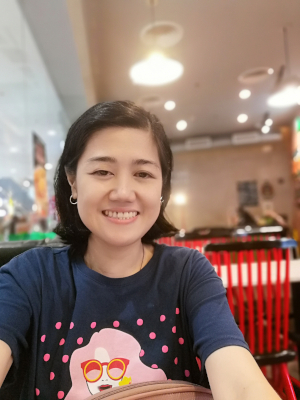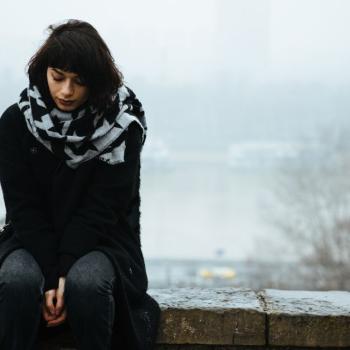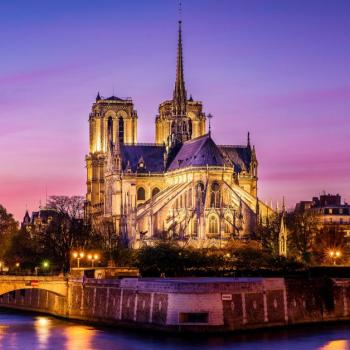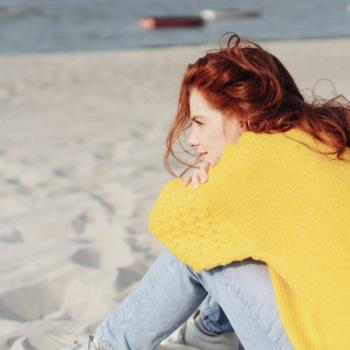Have you ever wondered why you need to be Catholic when you’re already a Christian? Believing in Jesus Christ is indeed the most important thing we could ever do in life. And being baptized as a Christian makes us children of our Father in heaven, giving us an eternal and spiritual inheritance that the world could never give.
Being a Christian is a priceless gift already. So why do you still need to be Catholic?
First of all, let us clarify that Catholics are also Christians, true Christians who were baptized in faith. Catholics believe in Jesus Christ as their Savior, and they are not missing a personal relationship with Him by being Catholic.
But there are blessings that Catholics receive that other Christians do not.
Here are some of the blessings that you may want to receive if you ever decide to be a Catholic:
1. The Apostolic tradition and the unbroken line of successors to Peter
For Catholics, it is not only the Scriptures that guide them in spiritual life. They are also guided by the Apostolic tradition.
“I commend you because you remember me in everything and maintain the traditions just as I handed them on to you.” – 1 Corinthians 11:2 (NRSVCE)
“So then, brothers and sisters, stand firm and hold fast to the traditions that you were taught by us, either by word of mouth or by our letter.” – 2 Thessalonians 2:15 (NRSVCE)
Through an unbroken line of succession, the authority and tradition given to St. Peter has been handed down to succeeding Popes.
“And so I say to you, you are Peter, and upon this rock I will build my church, and the gates of the netherworld shall not prevail against it. I will give you the keys to the kingdom of heaven. Whatever you bind on earth shall be bound in heaven; and whatever you loose on earth shall be loosed in heaven.” – Matthew 16:18-19 (NABRE)
2. The Eucharist
Catholics believe that the Eucharist contains the Body and Blood of Jesus Christ.
It was Jesus Himself who said:
“Take and eat; this is my body.” – Matthew 26:26 (NABRE)
Jesus also said:
“Amen, amen, I say to you, unless you eat the flesh of the Son of Man and drink his blood, you do not have life within you. Whoever eats my flesh and drinks my blood has eternal life, and I will raise him on the last day. For my flesh is true food, and my blood is true drink.” – Matthew 6:53-55 (NABRE)
3. The Sacrament of Reconciliation
God knows that in our frailty, we are still prone to sin even our baptism. And so He give us a remedy through Confession.
Through confession, Catholics have the assurance of forgiveness even of their mortal sins. Here, one can hear the comforting words of God’s mercy and forgiveness.
“Jesus said to them again, ‘Peace be with you. As the Father has sent me, so I send you.” When he had said this, he breathed on them and said to them, “Receive the Holy Spirit. If you forgive the sins of any, they are forgiven them; if you retain the sins of any, they are retained.’” – John 20:21-23 (NRSVCE)
4. A close relationship with Our Blessed Mother
Jesus respected and loved His mother. Even St. Elizabeth, the mother of John the Baptist felt blessed when the Virgin Mary visited her. Are we not to do the same? If we love Jesus, should we not love and respect His Mother?
Catholics have a closer and deeper relationship with Mary, the loving Mother who assists her children and brings them closer to her Son.
“When Elizabeth heard Mary’s greeting, the child leaped in her womb. And Elizabeth was filled with the Holy Spirit and exclaimed with a loud cry, ‘Blessed are you among women, and blessed is the fruit of your womb. And why has this happened to me, that the mother of my Lord comes to me?’” – Luke 1:41-43 (NRSVCE)
5. The assistance of the saints in heaven
Catholics know that they are not alone in their spiritual walk. Besides having a relationship with Jesus Himself, they are also close to His Mother and to the many saints who are already in heaven.
If we can ask our family and friends on earth to pray for us, why can’t we ask the saints in heaven who also cares for us so much?
6. Prayers for those in purgatory
Catholics believe that even after a person dies, we can still pray for them so that they can finally reach heaven. This may be a hard lesson to understand, but if this is true, wouldn’t it be of great comfort to know that even after we die, the prayers of our loved ones can still reach us where we are?
7. Devotions like the rosary and the brown scapular
Catholics have various devotions that assist them spiritually. Through them, they receive other graces that are not availed of by other Christians.
One example is the Catholic’s devotion to praying the rosary. Another one is the devotion to the Divine Mercy.
In the diary of St. Faustina, we read the assuring promise of Jesus to those who will pray the Chaplet of Divine Mercy:
“Say unceasingly the chaplet that I have taught you. Whoever will recite it will receive great mercy at the hour of death. Priests will recommend it to sinners as their last hope of salvation. Even if there were a sinner most hardened, if he were to recite this chaplet only once, he would receive grace from My infinite mercy.” – Jesus to St. Faustina (Divine Mercy In My Soul, 687)
“Write that when they say this chaplet in the presence of the dying, I will stand between My Father and the dying person, not as the just Judge but as the merciful Savior.”- Jesus to St. Faustina (Divine Mercy In My Soul, 1541)
Final Thoughts
God has blessed as so much with the gift of baptism as Christians. But God bestows even more graces and blessings to us if we could only have the faith to believe and receive them.
There are graces He may be desiring to shower upon you today, graces that you may find in the Catholic Church. If you ever find yourself wondering about it or even wanting to talk about it to Jesus, I urge you to do so today. Pray and you will find the answer to your prayers!
Jocelyn Soriano is the author of the book Defending My Catholic Faith.
Would you like to know more about the Catholic faith? Would you like to know the answers to common Catholic questions?
Get my books on other Digital Stores
You may also want to read “Can AIs Like ChatGPT Pose a Threat to the Catholic Faith?”


